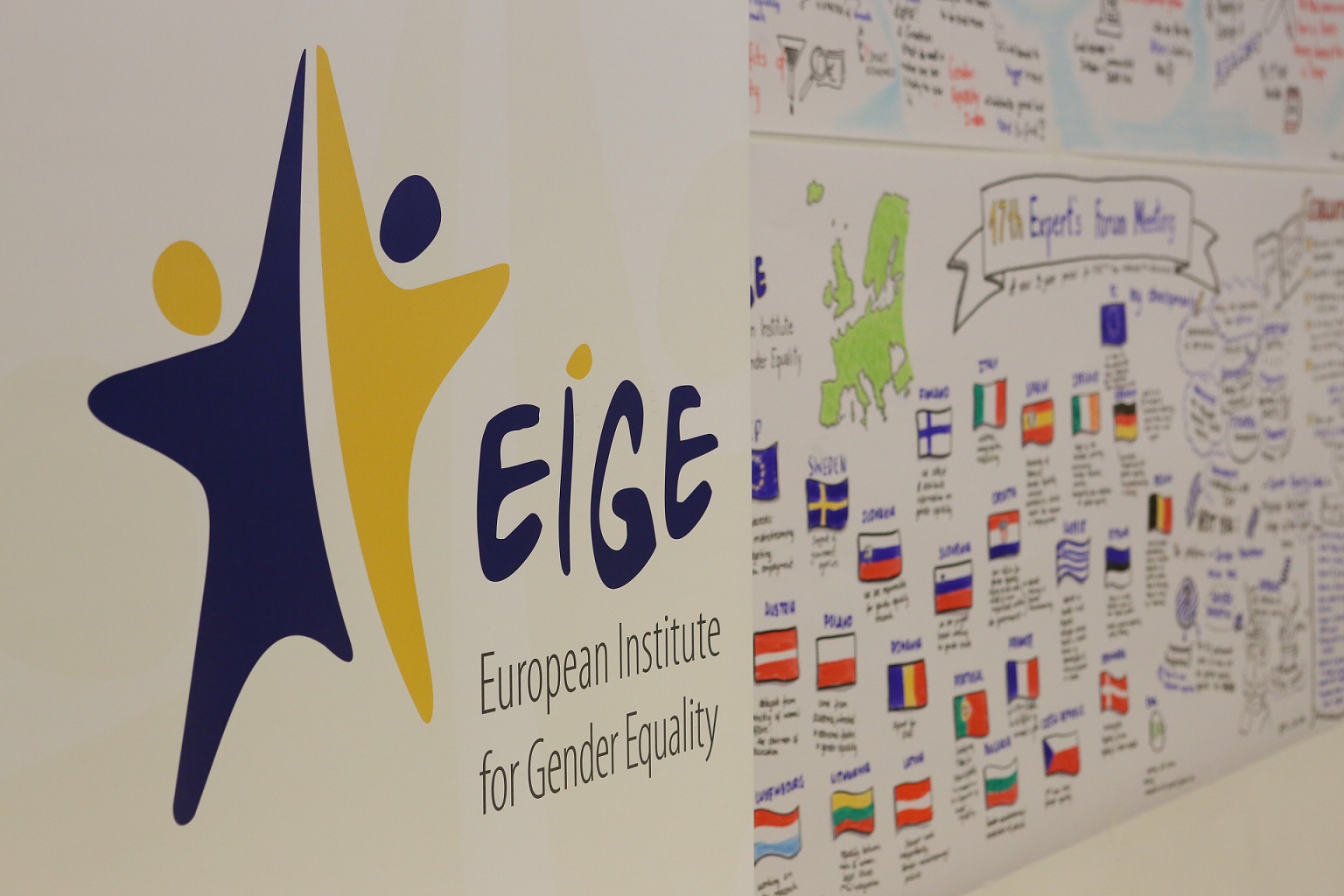EIGE’s new online tool helps to implement Gender Equality Plan in academia and research
Published:
European institute for gender equality (EIGE), together with the European Commission has developed a new interactive Gender Equality in Academia and Research (GEAR) tool for universities and research organisations which provides resources and guidance on implementing a Gender Equality Plan. This user-friendly step-by-step guide is part of EIGE’s online Platform on Gender Mainstreaming. The Platform was created in order to support individuals and institutions in integrating a gender prospective in their work. It explains how to design, plan, implement, monitor and evaluate policies from a gender perspective.
The new GEAR online tool provides background information about the Gender Equality Plan and a step-by-step guide for developing and implementing it in universities and research institutions. More specifically, it has an Action Toolbox that gives an overview of areas and themes to tackle when creating a Gender Equality plan. Each area contains a range of existing resources, instruments and examples of activities so that every organisation can choose its own approaches which would suit its specific organisational context and needs. Moreover, the tool offers solutions to the most common obstacles in relation to gender equality work identified in universities and research institutions, such as, for example, lack of autonomy or lack of relevant data and statistics. The interface of the new GEAR tool is innovative and easy to navigate, while its content is useful for both practical and analytical purposes: it includes not only many relevant references and links, but also analytical and opinion papers on gender mainstreaming in academia.
ETUCE welcomes EIGE’s new publication as it provides education employees, school management and researchers with the know-how and tools that are necessary to promote a gender sensitive approach in education and consequently in society as a whole. ETUCE reminds that education has a significant impact on gender relations in society while ensuring gender equality in the research sector leads to future innovation and success.